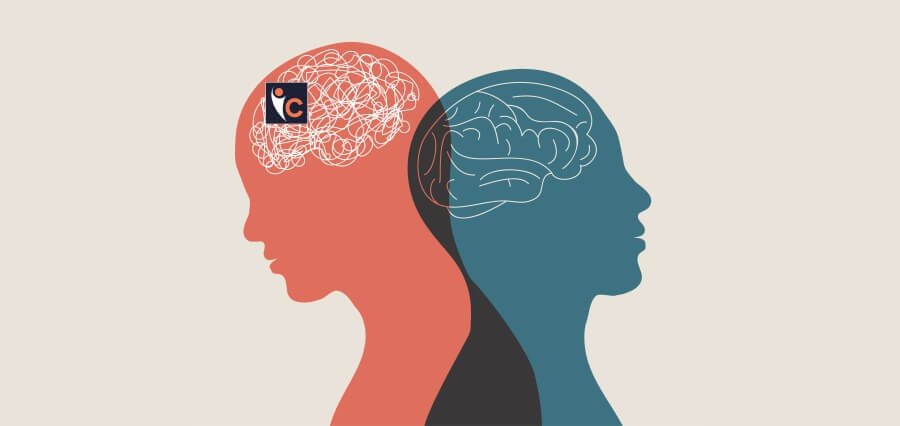Contrary to what we Indians believe, eating only organic food and abstaining from junk food actually leads to a healthier lifestyle. Are you curious as to why? That’s because, according to a recent study, bad eating habits are the primary cause of 56% of health problems in India.
In a paper published on X (formerly Twitter) on Wednesday, the Indian Council of Medical Research (ICMR) and the National Institute of Nutrition (ICMR-NIN) outlined 17 recommendations for dietary practices and habits aimed at reducing the risk of diabetes, obesity, and other non-communicable diseases (NCDs).
The goal of the ICMR’s Dietary Guidelines for Indians (DGI) is to prevent non-communicable illnesses and nutrient deficiencies by encouraging healthy diets and lifestyles. Check out the post, which has had 7,000 views thus far.
According to the guidelines, a person consuming 2000 kcal a day should have about 250 grams of cereals, 400 grams of vegetables, 100 grams of fruits, 85 grams of pulses, eggs, or flesh meals, 35 grams of nuts and seeds, and 27 grams of fat or oils. Micronutrients and macronutrients are also covered in the ICMR guidelines. It suggests obtaining macro and micronutrients from a minimum of eight food groups.
It advised restricting cereal consumption to forty-five percent of total energy, which is presently between sixty and seventy percent. The ICMR has also noted that Indians eat a lot of cereals since meat and pulses are expensive, which leads to a deficiency in important vitamin consumption. It states that consuming a range of foods is advised since “no single food item contains all essential nutrients.”
Since vegetarians have trouble getting enough B12 and n-3 polyunsaturated fatty acids, the recommendation is for them to consume foods high in PUFAs, such as flax seeds, chia seeds, and other similar foods.
Its 17-point recommendation also states that sugar should make up no more than 5% of total calories consumed. Additionally, the ICMR has recommended against using protein supplements to gain muscle mass. According to the paper, consuming high protein concentrates or protein powders over an extended period of time has been linked to possible risks such renal damage and bone mineral loss.
Experts claim that these DGIs provide the most rational, long-term, and affordable approach to combating all types of malnutrition and guarantee that nutrient-rich foods are readily available, affordable, and accessible while encouraging the intake of a variety of foods. These recommendations also stress the need of getting regular exercise, cutting back on highly processed meals, and reading food labels to make wise and healthful decisions.
Read More: Click Here





